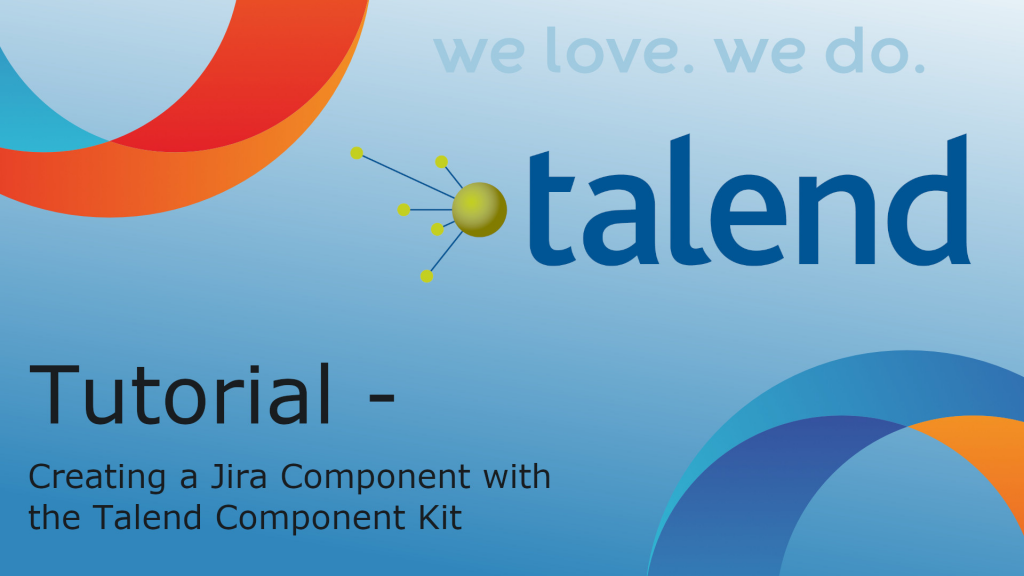
Are you tired of manually copying data from one system to another? Or maybe you’re struggling to keep your business data organized and up-to-date? Data integration tools can help streamline these processes and make your life easier. In this article, we’ll explore some of the top data integration tools available on the market today.
What are Data Integration tools?
Before we dive into the list of tools, let’s first define what data integration means. Data integration is the process of combining data from different sources into a single, unified view. This can involve extracting data from multiple databases, applications, or file formats and transforming it into a format that can be analyzed or used for business purposes.
Data integration tools are software applications that automate this process, making it faster and easier to move data between systems. These tools often include features such as data mapping, data transformation, and data quality checks, among others.
List of Data Integration Tools
1. Talend

Talend is a popular open-source data integration tool that offers a wide range of features for data integration, data quality, and data management. It supports a variety of data sources, including databases, cloud services, and file formats. Talend also includes a drag-and-drop interface for creating data integration workflows and a library of pre-built connectors and components.
2. Informatica PowerCenter
Informatica PowerCenter is a robust data integration tool that supports a variety of data sources and targets, including databases, cloud applications, and big data platforms. It includes features such as data profiling, data cleansing, and data validation, among others. Informatica also offers a range of add-ons and connectors to extend the functionality of the tool.
3. IBM InfoSphere DataStage

IBM InfoSphere DataStage is a powerful data integration tool that supports a variety of data sources and targets, including databases, cloud services, and mainframe systems. It includes features such as data transformation, data quality, and data profiling, among others. IBM also offers a range of add-ons and connectors to extend the functionality of the tool.
4. Microsoft SQL Server Integration Services (SSIS)
Microsoft SQL Server Integration Services (SSIS) is a data integration tool that is included with Microsoft SQL Server. It supports a variety of data sources and targets, including databases, cloud services, and file formats. SSIS includes features such as data transformation, data quality, and data profiling, among others. It also includes a range of pre-built components and connectors.
5. Oracle Data Integrator (ODI)

Oracle Data Integrator (ODI) is a comprehensive data integration tool that supports a variety of data sources and targets, including databases, cloud services, and big data platforms. It includes features such as data transformation, data quality, and data profiling, among others. ODI also offers a range of add-ons and connectors to extend the functionality of the tool.
Conclusion
Data integration tools can be a game-changer for businesses that need to streamline their data management processes. While there are many tools available on the market, the ones we’ve listed here are some of the most popular and robust options available. Whether you’re just getting started with data integration or looking to upgrade your current toolset, these tools are definitely worth considering.

👤 About the Author
Ashwani is passionate about DevOps, DevSecOps, SRE, MLOps, and AiOps, with a strong drive to simplify and scale modern IT operations. Through continuous learning and sharing, Ashwani helps organizations and engineers adopt best practices for automation, security, reliability, and AI-driven operations.
🌐 Connect & Follow:
- Website: WizBrand.com
- Facebook: facebook.com/DevOpsSchool
- X (Twitter): x.com/DevOpsSchools
- LinkedIn: linkedin.com/company/devopsschool
- YouTube: youtube.com/@TheDevOpsSchool
- Instagram: instagram.com/devopsschool
- Quora: devopsschool.quora.com
- Email– contact@devopsschool.com

